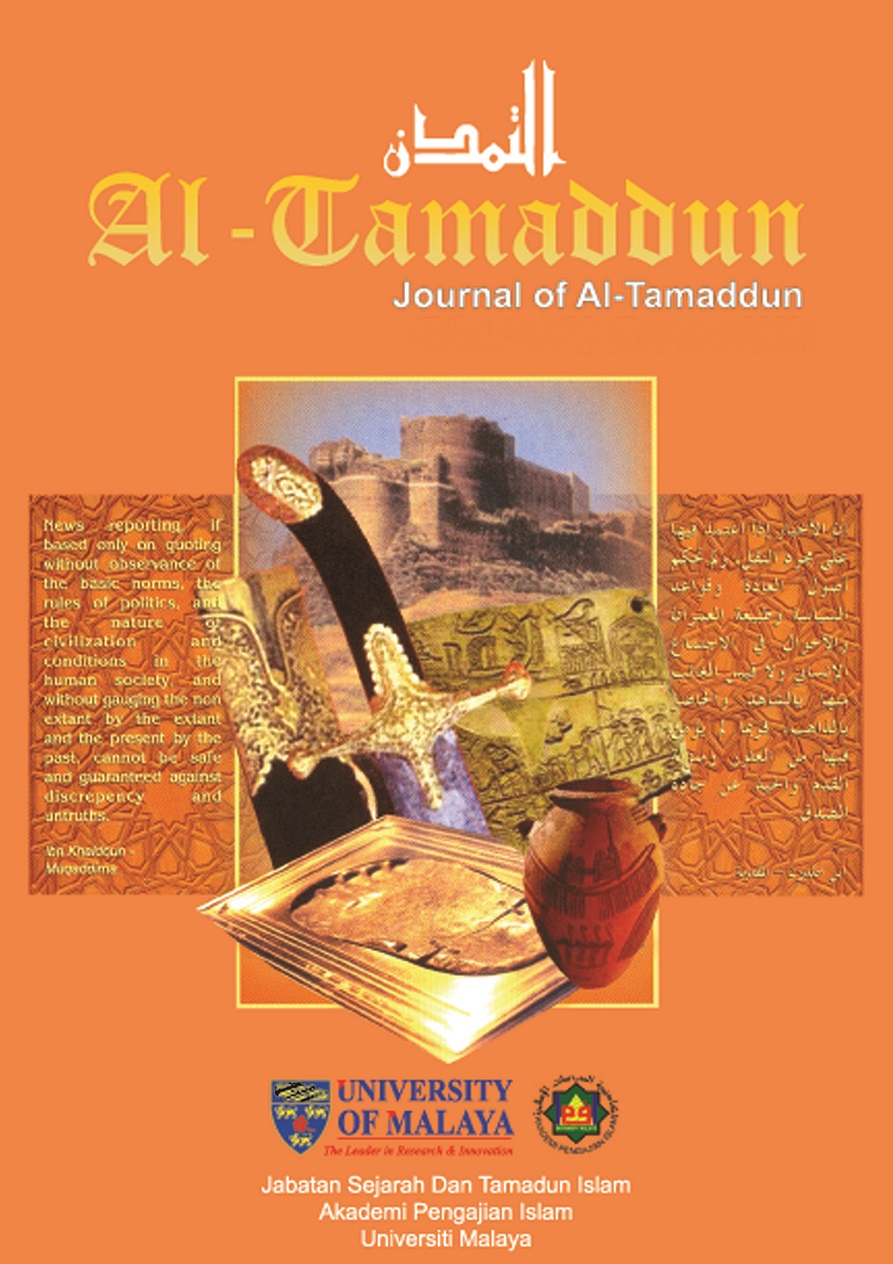RELIGIOSITY AND SUBJECTIVE WELL-BEING TOWARDS A BALANCED CIVILIZATION: A STUDY AMONG MUSLIM OLDER ADULTS IN MALAYSIA
DOI:
https://doi.org/10.22452/JAT.vol14no2.12Keywords:
Muslim older adults, Malaysia, Religiosity, Subjective Well-Being, balanced civilizationAbstract
The aim of this conceptual paper is to shed more light on the significant of religiosity as a psychosocial determinant of elderly subjective well-being, and its role of as a resource copping strategy, social support, and meaning to life experience. This paper draws on the observation of other scholars in the relationship of religion to health, happiness and well-being research. The deductive and exploratory approach was used to select, analyze and summarize the related literature. The literature indicates that religiosity is associated with elderly people life satisfaction, happiness, and self-esteem. Religious affiliation buffers negative effects of stress on physical health; Prayer buffers the effects of stress on depressive. The paper reviewed the literature on both concepts of well-being and religiosity from Malaysian context. Highlighting the issue of the increase in population of people aged 60 and above, who will need an extra care.
Downloads
Additional Files
Published
How to Cite
Issue
Section
License
By submitting manuscripts to the Journal of Al-Tamaddun, authors agree to transfer copyright to the journal. However, authors may republish their work or grant others permission to republish it; in which case it should be accompanied by a proper acknowledgment that the work was originally published in the Journal of Al-Tamaddun. The journal adopt CC-BY-NC licence which authors may also share and distribute their article anywhere of non-commercial website, social media and repositories immediately on publication.
Authors may also reuse the Abstract and Citation information (e.g. Title, Author name, Publication dates) of their article anywhere at any time including social media such as Facebook, blogs and Twitter, providing that where possible a link is included back to the article on the journal site.










